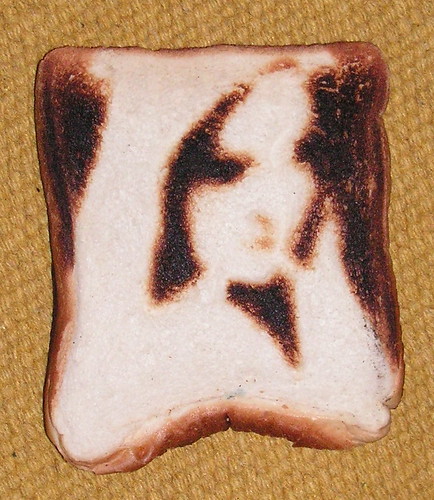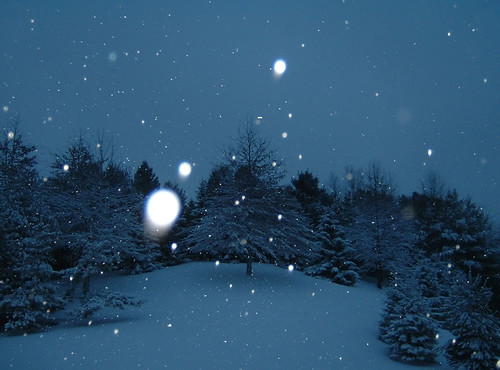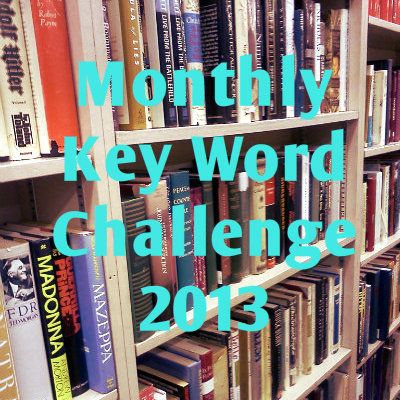by Hannah Gamble
It’s too cold to smoke outside, but if you come over,
I’ll keep my hands to myself, or won’t I.
I would like to tell you about the wall eaten up
by the climbing plant—it was so beautiful.
Various things have been happening to me,
all of them sexual. The man on the bus
took off his pants so I could see him better.
Another man said, “Ignore him darlin’.
Just sit on my lap.” But I’m not one of those
who’s hungriest in the morning,
unlike the man at the bakery
who eats egg after egg after egg.
Listen. Come over: the cold has already eaten
the summer. I need another pair of ears:
from the kitchen I can’t tell if I’m hearing wind chimes
or some gray woman with failing arms
dropping a pan full of onions and potatoes.
This morning I need four hands—
two to wash the greens, one to lift a teakettle,
one to pour the milk. This morning, one little mouth
will not do. We could play a game
where we crouch on the tiles, two yellow dogs
drinking coffee from bowls. We could play a game
where we let the breakfast burn.
Outside there’s a world where every love scene
begins with a man in a doorway;
he walks over to the woman and says “Open your mouth.”
Image: Flickr - gothick_matt





.JPG)






